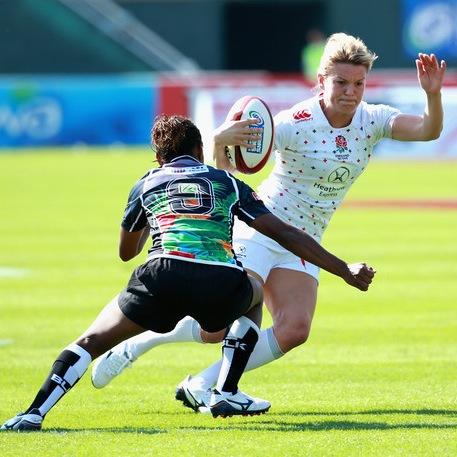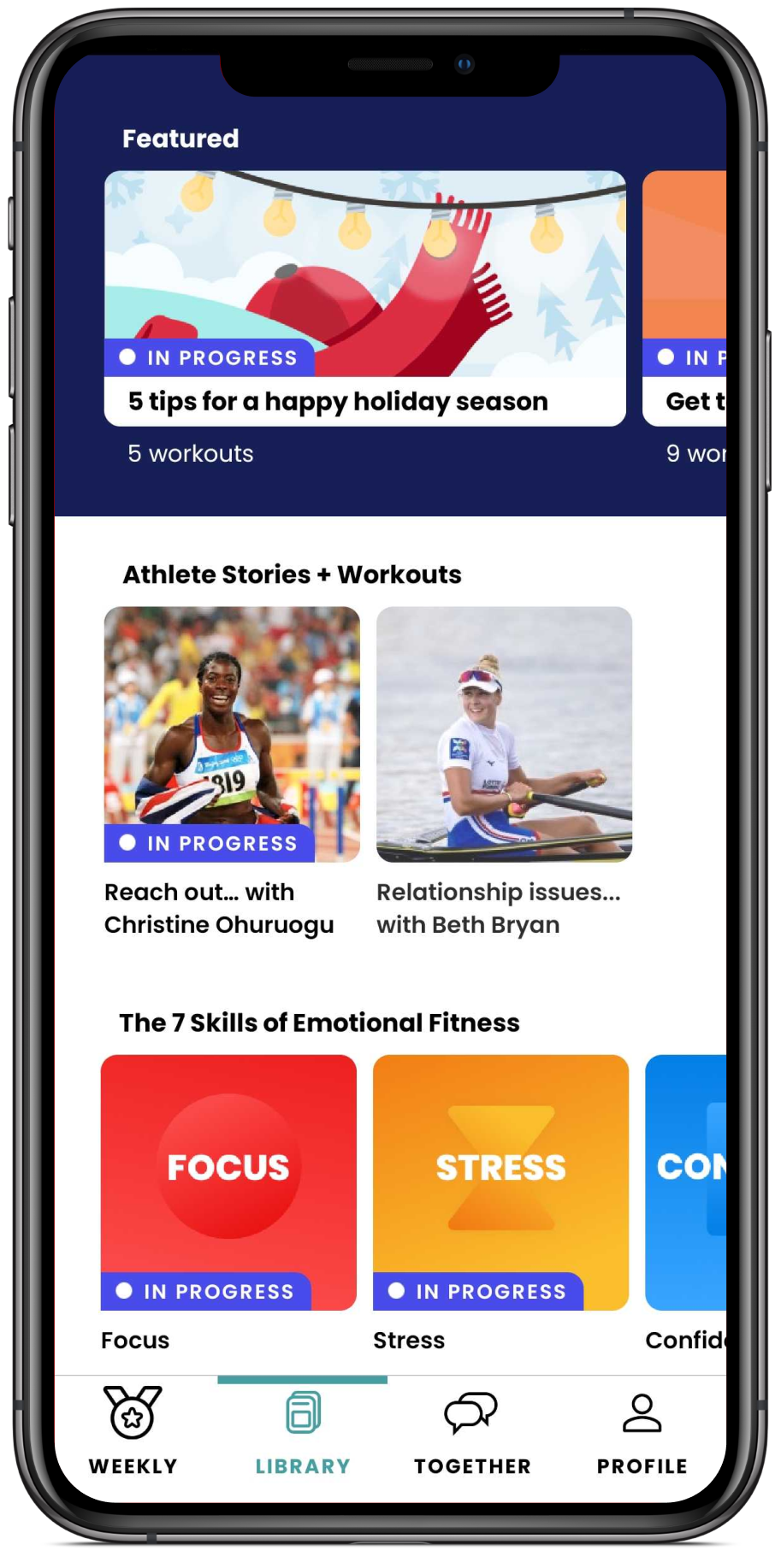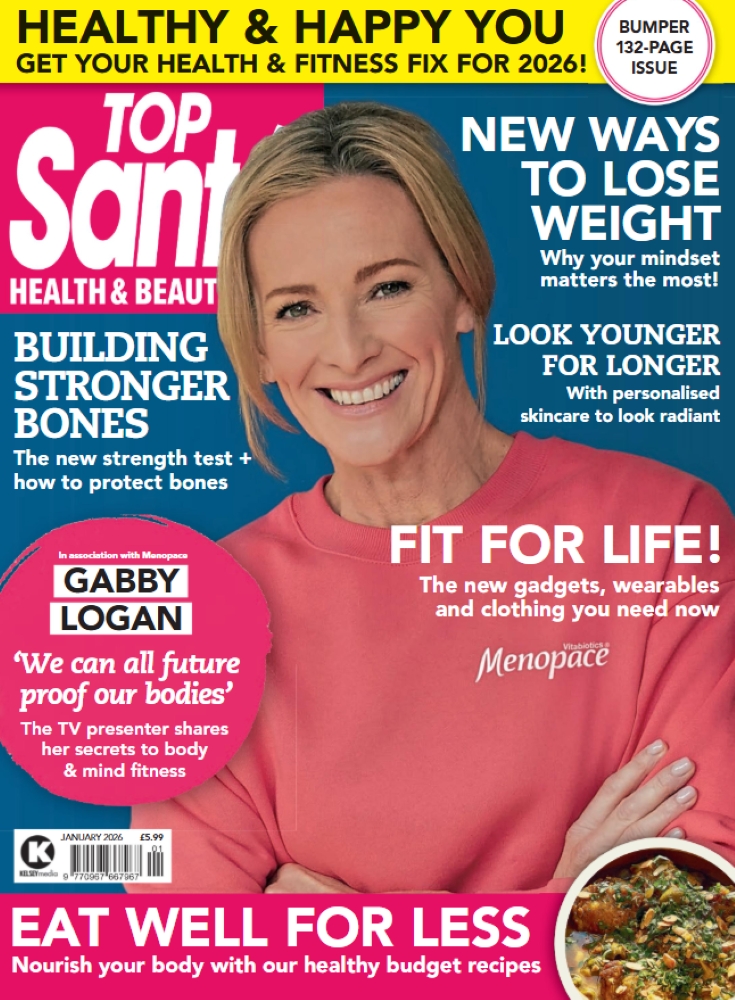Former England Rugby Player Abi Chamberlain was the England Rugby 7s captain from 2013 until 2015. Faced with immense responsibility and inexperience in leadership, Abi was forced to take initiative and become a leader during a period of adversity. Below, she shares her story along with advice on how to lead well, without sacrificing your wellbeing.
Abi started playing rugby when she was at university and quickly progressed to join the England 15s team. Then, in 2013, she got the life-changing call informing her that she had been made captain of the England 7s team. Abi commented, “Simply making the team was something I could never have imagined myself doing. Never in my wildest dreams did I think I would be made captain of that team. I had barely any training or experience of leadership.”
At this point, the England Women’s 15s Rugby team had recently won the World Cup, meaning Abi felt immense pressure in her leadership role, to keep this winning momentum going.
Out of her Comfort Zone
Before her new role as captain, Abi had no previous experience of leadership. She commented: “If I’m going to be brutally honest, this inexperience did play against me during my captaincy throughout what was an exciting but equally very complicated time.”
Abi added that she felt immense pressure in her role, as she would be leading a team which included players who had recently won at the World Cup, along with players who had far more leadership experience than she did. Abi admitted, “This brought up lots of feelings of insecurity and self-doubt. Hindsight is a great thing but I now see that I was completely unprepared for this experience. What should have been the best time of my life in many ways was actually the most difficult.”
Early Success
Early on in her leadership, Abi did have some success: “I managed to change the mindset of the team from one that didn’t believe we could beat a team we were about to come up against, to a team that played better than ever before.” However, following this early success, Abi realised she was then trying to constantly replicate this success, rather than leading situationally. Abi admitted, “The worst thing is that I really wanted to change things but just couldn’t seem to work out how.”
After struggling with her leadership role for a period of time, she sought advice and guidance from more experienced leaders to help her improve. Unfortunately, it was too late, and in 2015 she was dropped not only as captain but also from the squad, which Abi described as “truly heartbreaking.”
Learning from her Mistakes
Looking back on her time as captain, Abi has realised that while she did learn a lot, there were many things she could have done differently: “I didn’t focus enough on my own performance and on my own self-care. At the time I believed I had to set an example by always being the first to arrive and the last to leave training – but that meant that I didn’t focus enough on my own wellbeing.”
My leadership style wasn’t at all refined. I hadn’t learnt enough or worked out who I wanted to be as a leader and how I wanted to lead. And crucially, I found myself role-playing a version of me that I thought others expected of me. I found myself talking and behaving with my team in ways that I didn’t really want to. And by doing this I became isolated and almost a caricature of myself.”
In sharing her story, Abi hopes to help others who may be in a similar position. While she learnt a lot about leadership during times of adversity, she hopes others will seek guidance when they are struggling and learn to lead in a way that doesn’t make their wellbeing suffer.








